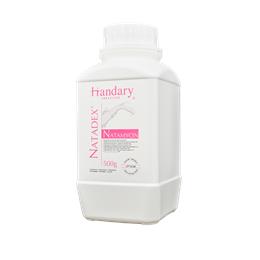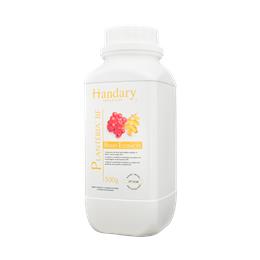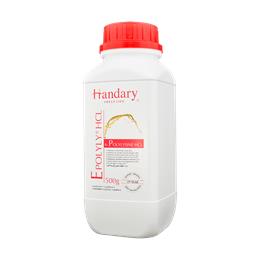Description
Ready dough products are pre-made dough sold to consumers for easy baking at home. These products eliminate the need to prepare dough from scratch, saving time and effort. The most common types of ready dough products include pizza dough, bread dough, biscuit dough, pie crusts, and cinnamon roll dough. They come in different shapes and sizes and can be used to create a variety of baked goods, such as pizzas, pies, bread, and pastries. Ready dough products are available in the refrigerated or frozen sections of many grocery stores and can be easily prepared by following the instructions on the package.
Yeasts & Molds
Yeast and molds can also be a concern in ready dough products like pre-made pizza crusts, frozen dough, and refrigerated biscuit dough. These products are often packaged and stored for extended periods of time, creating an environment that is favorable for microbial growth.
The use of preservatives and controlled storage temperatures can help to prevent yeast and mold growth in ready dough products. Additionally, the use of high-sugar or high-salt doughs can create an environment that is less hospitable to microorganisms.
It's important for manufacturers and consumers to follow proper handling and storage instructions to prevent the growth of yeast and molds in ready dough products. If the dough has visible mold growth or an off odor, it should be discarded to avoid the risk of foodborne illness.
Total Aerobic Bacteria
Total aerobic bacteria can also be a concern in ready dough products, as these products are often exposed to the environment during processing, packaging, and storage.
The presence of high levels of total aerobic bacteria can indicate poor hygiene practices during manufacturing or storage, and can potentially lead to foodborne illness if consumed.
To control the growth of total aerobic bacteria in ready dough products, manufacturers can implement good manufacturing practices and sanitation procedures, such as regularly cleaning and sanitizing equipment, maintaining proper storage temperatures, and using preservatives.
Consumers can also help to minimize the risk of foodborne illness by following proper handling and storage instructions for ready dough products, such as refrigerating or freezing them as soon as possible after purchase, and not consuming products that have an unusual odor, appearance, or texture.
Water Retention
Water retention is an important characteristic of ready dough products, as it can affect the texture, appearance, and shelf life of the products.
If the dough absorbs too much water, it can become sticky and difficult to handle, leading to poor product quality. On the other hand, if the dough doesn't retain enough water, it can become dry and crumbly, also leading to poor product quality.
To optimize water retention in ready dough products, manufacturers can use a variety of ingredients and processing techniques. Additionally, controlling the dough mixing and fermentation process can help to ensure that the dough has the right texture and moisture content.
Overall, optimizing water retention in ready dough products is important for ensuring consistent product quality and maximizing shelf life.
 English
English 简体中文
简体中文 Français
Français Español
Español








